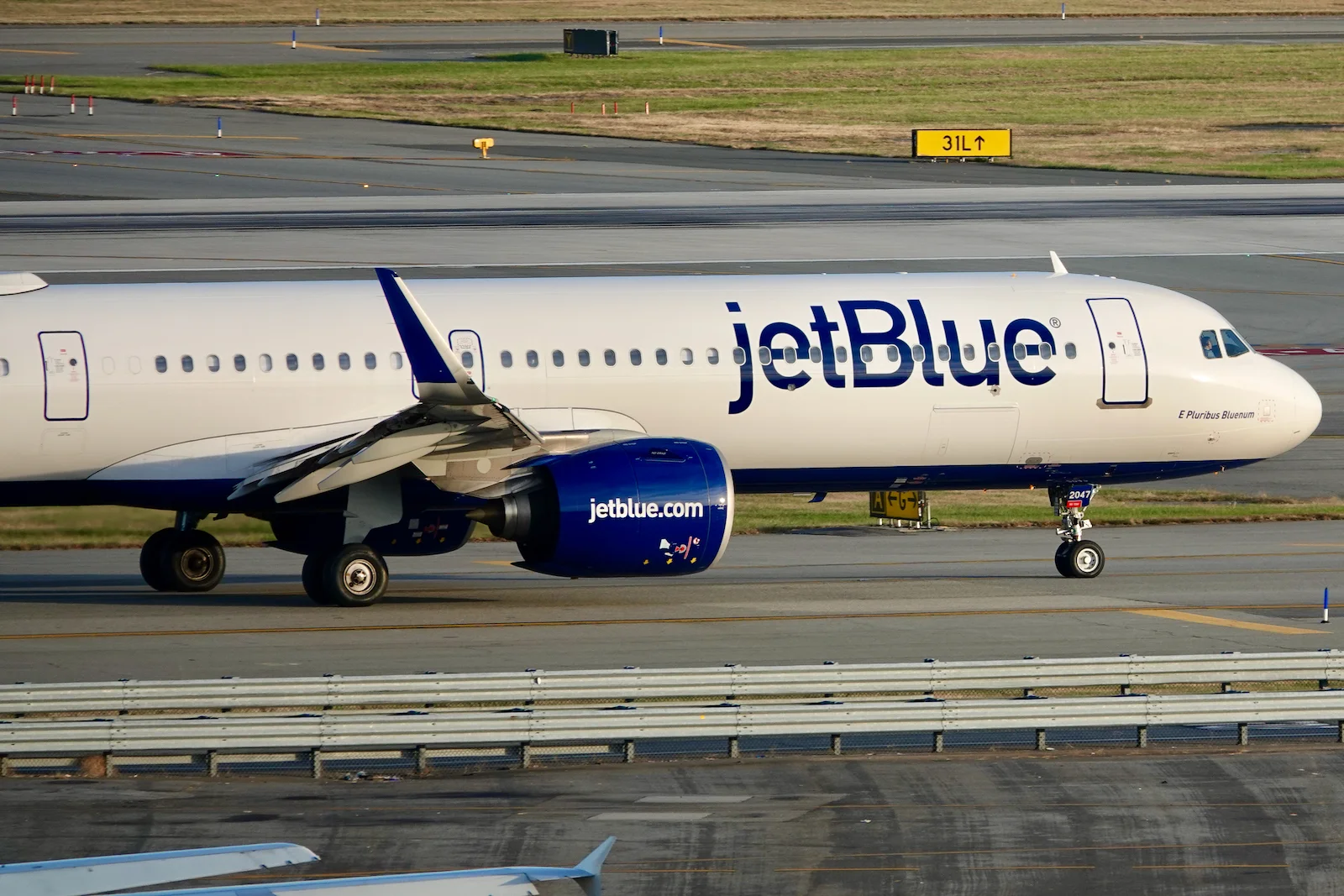
- Stocks
JetBlue company shares rise significantly
Do you want to know how to make money from this?
Register for free and get expert advice, access to a training course and webinars.
Key points:
- Investor Carl Icahn bought a 9.91% stake in JetBlue, after which the company’s assets grew by 14.7%.
- Deutsche Bank: Icahn’s investment points to possible restructuring in the US airline industry.
- JetBlue’s new CEO promises “aggressive action” to return to profitability.
JetBlue Airways witnessed an increase in its stock value on Tuesday following an announcement by influential investor Carl Icahn, who disclosed his acquisition of an approximately 10% stake in the low-cost carrier. In late morning trading, JetBlue shares surged by 14.7% after Icahn revealed ongoing discussions regarding potential board representation.
Icahn, in a statement, characterized JetBlue shares as “undervalued” and emphasized that the airline presents an appealing investment prospect. This move to acquire JetBlue marks one of the initial significant actions by Icahn in the year 2024.
Potential consequences of Icahn’s investment
Analysts at Deutsche Bank have expressed the opinion that Carl Icahn’s investment in the U.S. airline sector aligns with their perspective that the industry is poised for further restructuring beyond the previously announced mergers.
JetBlue has faced earnings challenges due to escalating operating costs and unpredictable fluctuations in travel demand. The airline’s new CEO, Joanna Geraghty, has committed to implementing “aggressive action” to restore profitability. As a part of this strategy, JetBlue has deferred approximately $2.5 billion in planned capital expenditures for aircraft and is intending to reduce costs by offering buyouts to corporate, airport, and customer service employees.
In addition, the company is actively working to enhance its ancillary revenue, with a target of achieving an additional $300 million in profit for the current year.
Risks of a deal with Spirit Airlines
Nevertheless, the $3.8 billion agreement by JetBlue to acquire Spirit Airlines has triggered significant apprehensions among certain analysts. Despite a court blocking the deal last month, both airlines are seeking an expedited appeal, scheduled to be heard by the U.S. Court of Appeals in June.
When Spirit initially accepted JetBlue’s acquisition proposal, its market value stood at $3.8 billion, with an enterprise value, including outstanding debt at that time, reaching $7.6 billion. Subsequently, the market capitalization of Spirit has declined to approximately $735 million.
If JetBlue successfully finalizes the acquisition, its debt-to-EBITDA ratio is projected to rise to 12 times or more by the end of this year, compared to 9 times at the close of 2023, as per Moody’s assessments. Despite a 36% increase in JetBlue shares following the merger decision, Carl Icahn has, over the years, established a reputation as a corporate raider and shareholder activist, exerting pressure on companies to alter their business strategies and enhance stock holdings.
Do you want to know
How to make money from the news
Register for free and get:
- Expert consultation;
- Access to the training course;
- Opportunity to participate in webinars

